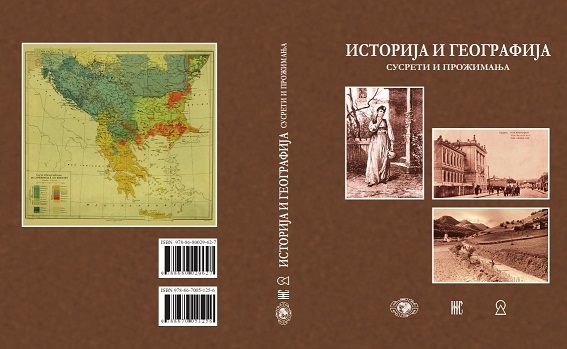Историјски развој и модели регионализма у државама Европске уније
Historical Development and Models of Regionalism in the European Union Member States
Author(s): Ana Jovanović, Darko Vuković
Subject(s): Governance, Political history, Government/Political systems, Social development, EU-Approach / EU-Accession / EU-Development
Published by: Institut za noviju istoriju Srbije
Keywords: regionalism; regionalization; historical development; models regionalism; European Union;
Summary/Abstract: The purpose of the analysis is focused on historical as well as on multidisciplinary approach to the study of phenomena, causes, development and consequences of regionalism in the EU member states. Essentially regionalism implies a social movement which by the politicization of certain territorial distinctiveness of the region and the resulting regional identity is aimed to obtaining a higher degree of political autonomy i.e. tо the realization of certain form of regional autonomy and the decentralization of government. With regard to the fact that territorial specificities of the region can be different, i.e. cultural-historical, ethno-linguistic, territorial and economic, the analysis indicates that there is no uniform rules of the historical development of regionalism in some European countries. While some regions as „historical“ have roots in ancient times, others were created during the feudal period and the formation of a series of territorially and functionally fragmented states forms, being an obstacle for the establishment of a centralized nation-state. We analyzed the process of creating the European nation-states during the 17–19 century and explained the centralized approach and hierarchical vision of the relationship between the central government and the regions, which was dominant in the territorial politics until the last decades of the 20th century. Special attention was paid to the development of regionalism and regionalization in many EU member states from the 1970s and current models of regionalism were analyzed. It was concluded that regionalism as a political movement, having different causes, inevitably established different requirements for a particular aspect of territorial autonomy with the specific legal and political content. Contemporary experience of regionalization indicates that the effects of regionalization as a mean of articulating and amortization of regionalist tendencies are dependent on the historical causes and conditions that have led to regionalism.
Book: Историја и географија: Сусрети и прожимања
- Page Range: 193-221
- Page Count: 29
- Publication Year: 2014
- Language: Serbian
- Content File-PDF

